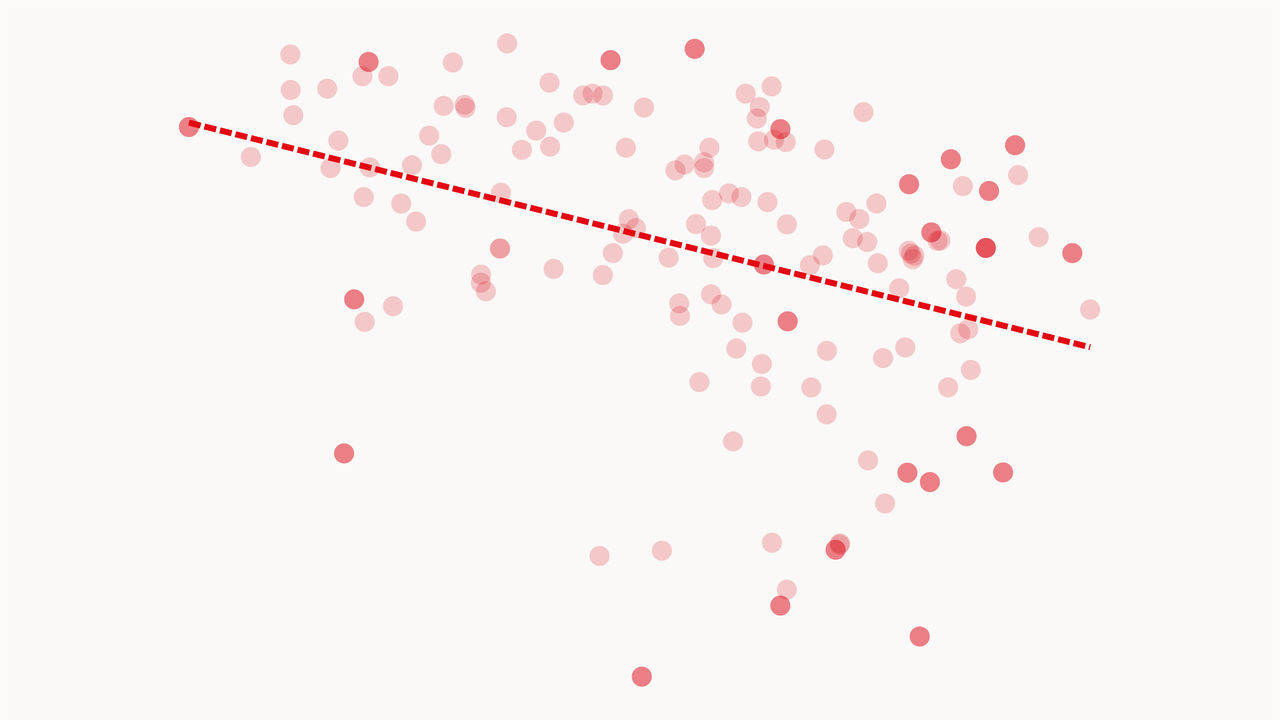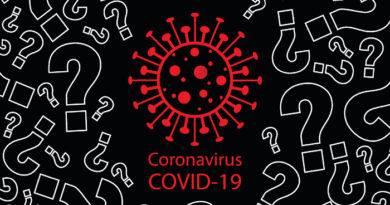Conspiracy theories about covid-19 vaccines may prevent herd immunity

DO VACCINES CAUSE autism? Are politicians scaremongering about covid-19 to drum up profits for drug firms? Will Bill Gates use injections to implant microchips in your children?
The answer to all three questions is no, though scientists once debated the first. In 1998 the Lancet, a medical journal, published a study showing a link between jabs and developmental disorders. However, it was retracted after an investigation found that Andrew Wakefield, the lead author, had been paid by people suing vaccine producers. The British doctor was struck off, and large trials did not replicate his results.
Nonetheless, Mr Wakefield’s hoax transformed “anti-vaxx” sentiment into a mainstream belief. The Centre for Countering Digital Hate, an NGO, reckons 58m people follow English-language social-media accounts spreading such misinformation—including conspiracy theories about covid-19, big pharma and Mr Gates.
Polls from 2018 by the Wellcome Trust, a charity, show this idea is most contagious in rich countries, where barely 70% of residents think vaccines are safe. Confidence fell in France and Japan after people turned against government schemes for swine flu and papillomavirus. Trust is also low in former Soviet states, where jabs were mandatory and health advice was unreliable. By contrast, 85% of west Africans and 95% of South Asians think vaccines are safe.
This is not because people in rich countries have given up on medical research. In fact, they express more trust in doctors and science than people in poor countries. Sadly, many have mistaken Mr Wakefield and his cronies for credible experts. People in developing countries have heard less of such tosh, and witnessed more of the harm caused by deadly but preventable diseases.
The West’s distrust of vaccines has already been costly. Measles was almost wiped out there after mass inoculation began in the 1960s, but has returned. In 2019 the World Health Organisation revoked the “measles-free” statuses of Albania, Britain, the Czech Republic and Greece. America reported its most cases since 1992.
As covid-19 has spread, YouGov, a pollster, has asked Americans about vaccines. Despite Mr Wakefield’s anti-vaxx propaganda—he now lives in the United States—at least 85% of both Republicans and Democrats think measles jabs are safe for children. But the partisan gap widens for mandatory injections, and is wider still for covid-19 shots. Only 37% of Republicans say they would get vaccinated against the virus, compared with 61% of Democrats. The figure is barely 30% for middle-aged and less-educated people on the right. Even after adjusting for such factors, we find that Republicans are less supportive than Democrats of the same background.
This is bad news for governments hoping to banish covid-19. Wellcome’s polls show that many countries trust vaccines less than America does. The share of their residents willing to take a covid-19 jab may be below 50%. Whether that would provide herd immunity is unclear, since most estimates of the threshold range from 40-70%. Regardless, the polls show that convincing people to take vaccines may be as difficult as producing them in the first place. ■
Sources: Wellcome Trust; World Bank; YouGov/The Economist
Editor’s note: Some of our covid-19 coverage is free for readers of The Economist Today, our daily newsletter. For more stories and our pandemic tracker, see our hub
This article appeared in the Graphic detail section of the print edition under the headline “A first-world problem”


